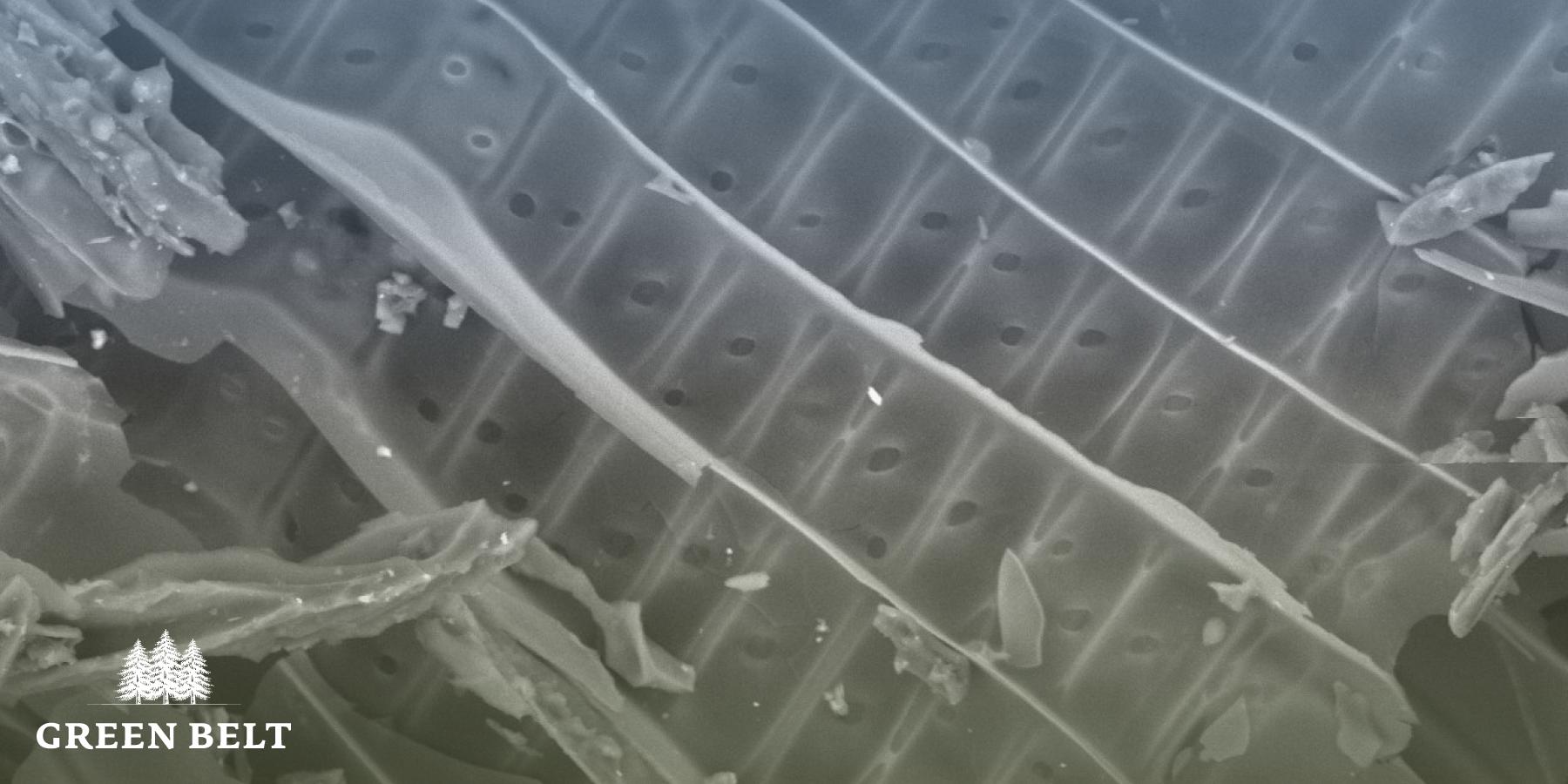Green Belt Biochar
Biochar is natures natural catalyst. Biochar has a surface area that provides a housing for beneficial microorganisms to multiply & grow. This improves growth, enhances biodiversity and increases plant health. Biochar also stores Carbon in the soil for thousands of years.Biochar as a carbon sink
Green Belt Biochar is derived from sustainably managed and certified, Irish grown woody biomass and produced in a dedicated facility in Roscommon. Our biochar is a perfect catalyst for growing medium and will improve grass, plant and crop yields significantly. The applications for Biochar are countless but it is a perfect addition to gardens as a peat substitute.
Biochar is a stable solid, rich in carbon, and can endure in soil for thousands of years. Like most charcoal, biochar is made from biomass via pyrolysis. Biochar has significant potential as an approach to carbon sequestration. Biochar thus has the potential to help mitigate climate change via carbon sequestration. The IPCC rate Biochar as a Negative Emission Technology Independently, biochar can increase soil fertility of acidic soils (low pH soils), increase agricultural productivity, and provide protection against some foliar and soil-borne diseases.
Biochar is a stable, recalcitrant, solid material that is characterised by a large specific surface area and interconnected porous structures which make it ideal as a conductor, catalyst, soil enhancer and adsorbent material. Growing interest in Biochar has seen a shift from a concentration on the climate change benefits and carbon sequestration onto the other benefits such as soil fertility improvement and crop residue management, water retention and movement in the soil, as well as soil pollution and remediation.
Green Belt has seen its value in improving soil health particularly in lower yield class soils. We will be replanting forests with biochar at the root of the new trees under numerous conditions - both with a pre charge and raw - and measure the respective impacts. We expect to see a stronger soil, healthier conditions in the soil, less use of chemical fertiliser in reforestation, an increase in Carbon capture per hectare by 25% in some cases, and an increase in soil biodiversity. We are working with numerous companies and people who are carbon conscious and want to be proactive. Do you know, in Ireland, the Carbon Footprint per capita is 8.19 tonnes per year (2017) Planting a forest will reduce your foot[print (bear in mind, you need to address your habits too!!) How will you #MakeYourDifference ?

